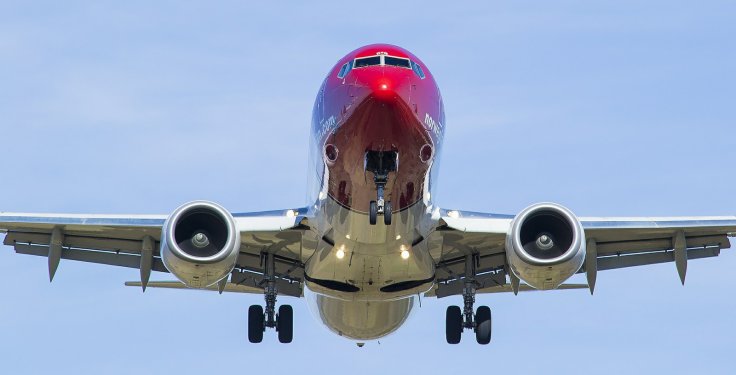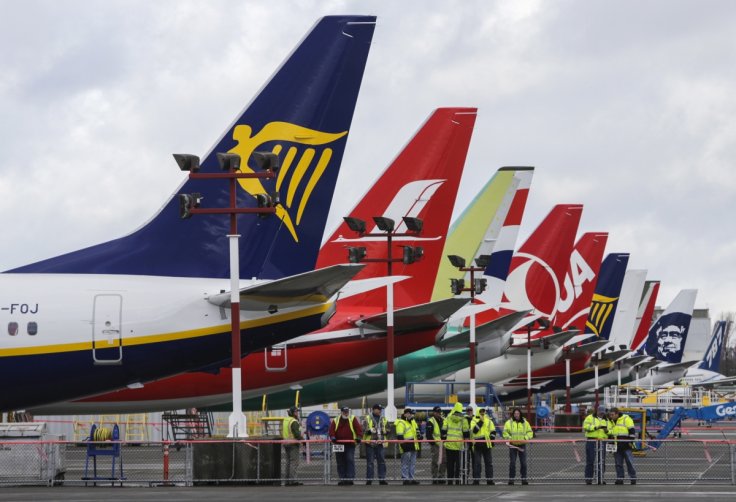Facing a crippling cash crunch, Boeing has suspending commercial production of 737 jets starting January. The decision was announced after the Federal Aviation Administration refused to let airline companies to fly the jet before 2020. Boeing did not say how long the production halt would stay. The embattled company, however, said there would not be any layoffs.
Boeing's ciris started when the best-selling 737 MAX aircraft suffered two fatal crashes. The 737 MAX was grounded after two crashes in Indonesia and Ethiopia killed 346 people in a span of five months, forcing global airlines to ground the aircraft. New orders dried up in the aftermath, leading to an estimated loss of more than $9 billion for the plane maker.
First production halt in 20 years
It is the first time in more than 20 years that Boeing is halting production. "We believe this decision is least disruptive to maintaining long-term production system and supply chain health," Boeing said in a statement on Monday.

Boeing employs around 12,000 people in the plant south of Seattle where it builds the 737. Boeing's shares edged down on Monday, losing more than 4 percent after reports emerged that the aircraft maker was planning to halt production. Boeing currently has an inventory of about 400 of the airplanes. Boeing has been making more than 40 planes a month even after the 737 MAX was grounded. The logic was to keep the supply chain running and prevent a layoff.
Orders had dried up for Boeing after the March grounding of 737 Max, with rival Airbus making a huge advantage out of Boeing's misery. Finally in November the company won a small order for 30 planes. However, Boeing continued to make planes in hopes that FAA would overturn the ban on 737 quickly and airlines would return to the previously best selling aircraft.

FAA gives no timeframe
The FAA is also tight-lipped about how long the ban would stay. The agency told Reuters that the production halt was a Boeing business decision and it would not comment on it. It added that it will continue discussions with global regulators over the proposed changes to the 737 MAX. "Our first priority is safety, and we have set no timeframe for when the work will be completed," FAA told the news agency.
Aviation analysts said Boeing's decision was not surprising. "It is not a surprise that they don't continue producing planes that don't have a home," Adam Pilarski, senior vice president at Virginia-based consultancy AVITAS, told Reuters.








